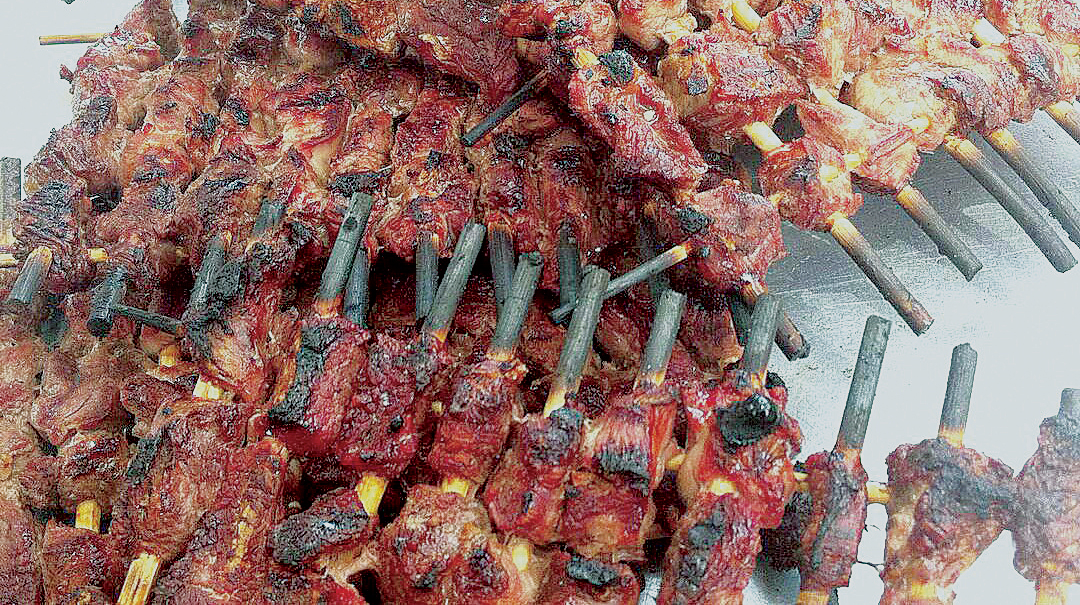

MUSCAT, JULY 13 - A whopping 97 per cent of the street vendors in different governorates have expressed their satisfaction over the procedures involved in getting the licences. This was revealed in a survey conducted by the Ministry of Commerce and Industry of street vendors in the Sultanate. According to the study, 5 per cent of the vendors were not satisfied with the system as they wanted other activities to be included in the licensing system. Since the decision to issue licences was implemented, 65 per cent of the street vendors have been engaged in the business of selling Mishkak or grilled meat.
Vegetable and fruit sellers accounted for 24 per cent. Most of the licences issued through the ‘Invest Easy’ system are in Muscat governorate.
Mohammad bin Said al Battashi, an economic researcher at the Directorate General of Planning and Studies at the Ministry of Commerce and Industry, said that the study covered 265 licences of street vendors issued during the period.
“The study was done as part of the efforts to understand the achievements and challenges that the vendors face during the procedure of obtaining licences”, he said.
The study also aimed at seeking proposals and recommendations from these vendors so that these licensed economic activities can be improved.
Al Battashi said the study revealed that 48 per cent of those who obtained licences have one or two Omani workers with them to assist in their work particularly in the selling of Mishkak.
At the same time, 30 per cent licence holders do not have any worker. While 16 per cent vendors have three to five Omani works to run their business, 6 per cent of the licence holders did not start their work.
The study also revealed that 76 per cent of the street vendors have said that their work become easier after they got licences.
The study has also showed the volume of capital of 54 per cent of the licence holders did not exceed RO 1,000. While those with a capital of RO 2,000 stood at 13 per cent, 27 per cent have RO 3,000.
Meanwhile, 43 per cent had less than RO 500 monthly income and those who earned between RO 500 and RO 1,000 stood at 28 per cent. Those with more than RO 1,000 monthly were 12 per cent.
The survey has also showed that 75 of the vendors had a team for production. It indicated that the licences have increased their income. The study further indicated that most of the markets where these vendors supplied their products were local with 78 per cent and neighbouring markets with 16 per cent.
Al Battashi said that the recommendations of the study included spreading the culture of street vending among consumers and introducing them and their products through various means including media and social networking platforms.
“Frequent inspections should be done to get rid of foreign and non-licensed vendors, giving opportunity to licensed street vendors to correct their situation, allocation of more designated for street vending and focus on roads and areas similar to the shopping centres for them”, said Al Battashi, quoting the study.
The study also recommended publishing of a guide book for street vendors which has all information about the licensing authorities, terms and conditions of the authorities as well as specifications for mobile carts required for some activities.
Oman Observer is now on the WhatsApp channel. Click here



